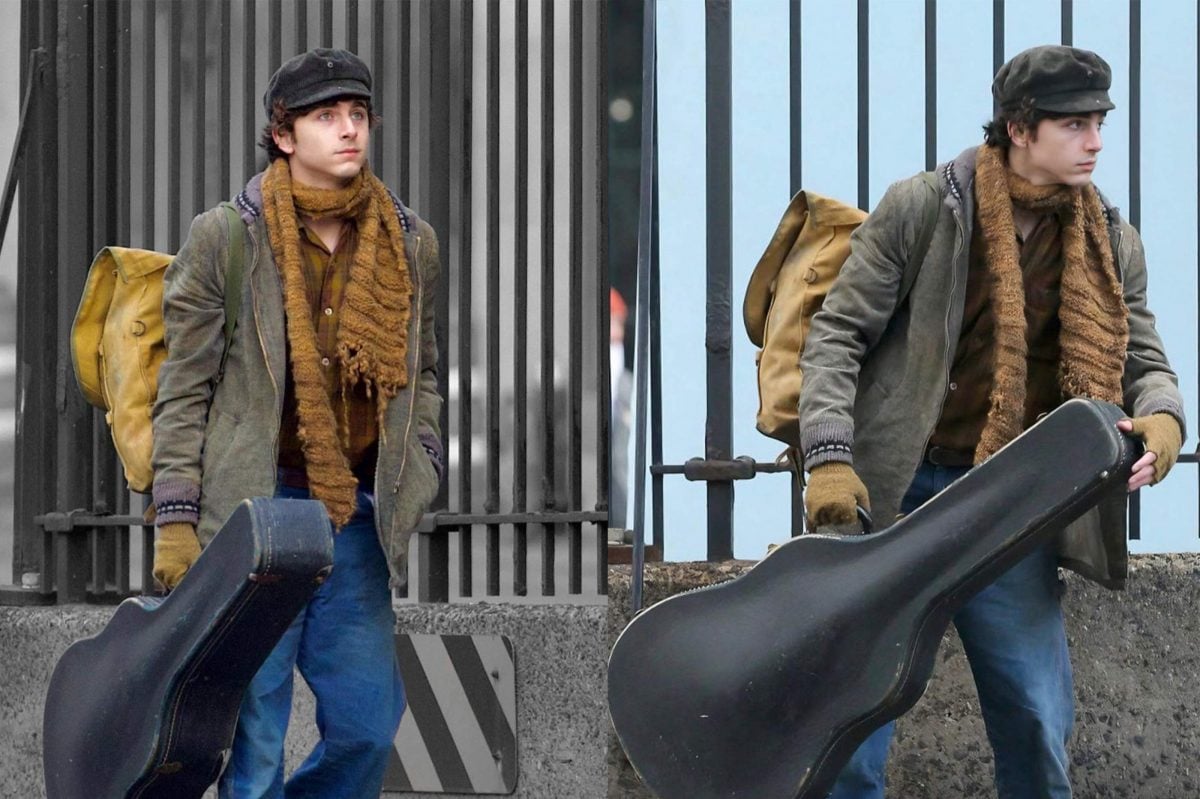
"Rarely, if ever, are any of us healed in isolation. Healing is an of communion.” – bell hooks
Storytelling is an art form – one that requires much more than just creative vision, but which calls upon the nuanced expression of language, culture, knowledge and originality.
Over the course of 20 years of publishing, storytelling is still at the very heart of what RUSSH strives for and honours, so it only makes sense that we would celebrate such a milestone by recognising and platforming some of the country's most enthralling storytellers from under-recognised groups.

Our first-ever Literary Showcase was established earlier this year on our belief that developing culture is deeply dependent on the recognition of its literary contributions. It was created in pursuit of that ideal – one of excellence and diversity in storytelling; an invitation for emerging and established writers from under-recognised groups across the country to be supported in their dream to write and be read.
From nearly 200 submissions, three winners were identified and published in our May Ideas issue – Becca Wang, our Judge's Choice winner, and both Tori Watts and Sohani Goonetillake, our People's Choice winners.
To launch our Literary Showcase, RUSSH hosted a 'Conversations with Creative Minds' event, held last Friday 17 May on a sunny morning at the State Library of New South Wales.

The conversation was a chance for our first-ever Literary Showcase finalists and winners to be recognised for their excellence, and to hear from the showcase's founding panelists: Tongan-Australian author and general manager of Sweatshop Literacy Movement, Winnie Dunn; Egyptian-Australian writer, theatre-maker and youth worker, Lamisse Hamouda; and RUSSH's own editor-in-chief Jess Blanch.
Both Dunn and Hamouda opened the conversation by regaling the audience with excerpts from their most recent novels – Dunn's Dirt Poor Islanders, and Hamouda's The Shape of Dust. It was an entry-point into a remarkably intimate conversation surrounding culture, craft and working with memory – particularly traumatic memory.
"For me, every piece of writing is autobiographical," Dunn told the audience. "Dirt Poor Islanders, is, that we know of, the first novel written by a Tongan-Australian. And that chapter I read out is very fictional, but for me it speaks to the truth of my own lived experiences."

Language played a central part in conversation also, particularly as both authors' books straddled more than one – Dunn's partly written in Tongan, Hamouda's in broken Arabic. The conversation extended to the work of our Literary Showcase Judge's Finalist winner, Becca Wang, whose winning piece had been written across both English and Mandarin.
"I can't write in Arabic, because all I speak is English and this is my context, here in Australia, as an English-speaking Arab diaspora," said Hamouda when asked about her decision to keep her Arabic imperfect in The Shape of Dust. "And at the same time, my broken Arabic is a part of me and a part of my experience, and so I wanted to be true to that."
Both Hamouda and Dunn shared overlaps in their work – incorporating their experiences across cultures, and never shying from a more nuanced take on the lived experiences of marginalised communities. But there were areas where both authors diverged – a testament to the immense and beautiful diversity of process and craft among those who call themselves 'writers'.
For Hamouda, the process of writing is an intensely personal and private affair – one she is careful to keep true to her own uninhibited instincts. But for Dunn, feedback from a trusted group of peers is an imperative part of the process – telling the audience: "For me, writing and a writing routine can only really only be done in community."

The morning concluded with an acknowledgement of the guests in attendance. From members of the literary and arts community like author Bri Lee and filmmaker Phoebe Wolfe, designer Aggie Choi and artist Aisyah Sumito, to members of the Sweatshop Literacy Movement and, of course, the RUSSH Literary Showcase finalists. It was a room bursting at the seams with an abundance of enthusiastic, talented and disparate voices.
"It's overwhelming to think that the people who are writing those pieces are going to be the future," Blanch said, remarking on the calibre of work submitted to the showcase.
But if you're wondering how you can personally contribute to the bolstering of a healthy literary scene in Australia – Blanch closed with a particularly poignant remark: "We can choose to support Australian literature simply by choosing to read an author from an unrecognised group."
We know we'll be heading to our nearest local bookstore in earnest.
This project would not have been possible without the support of CHANEL.



